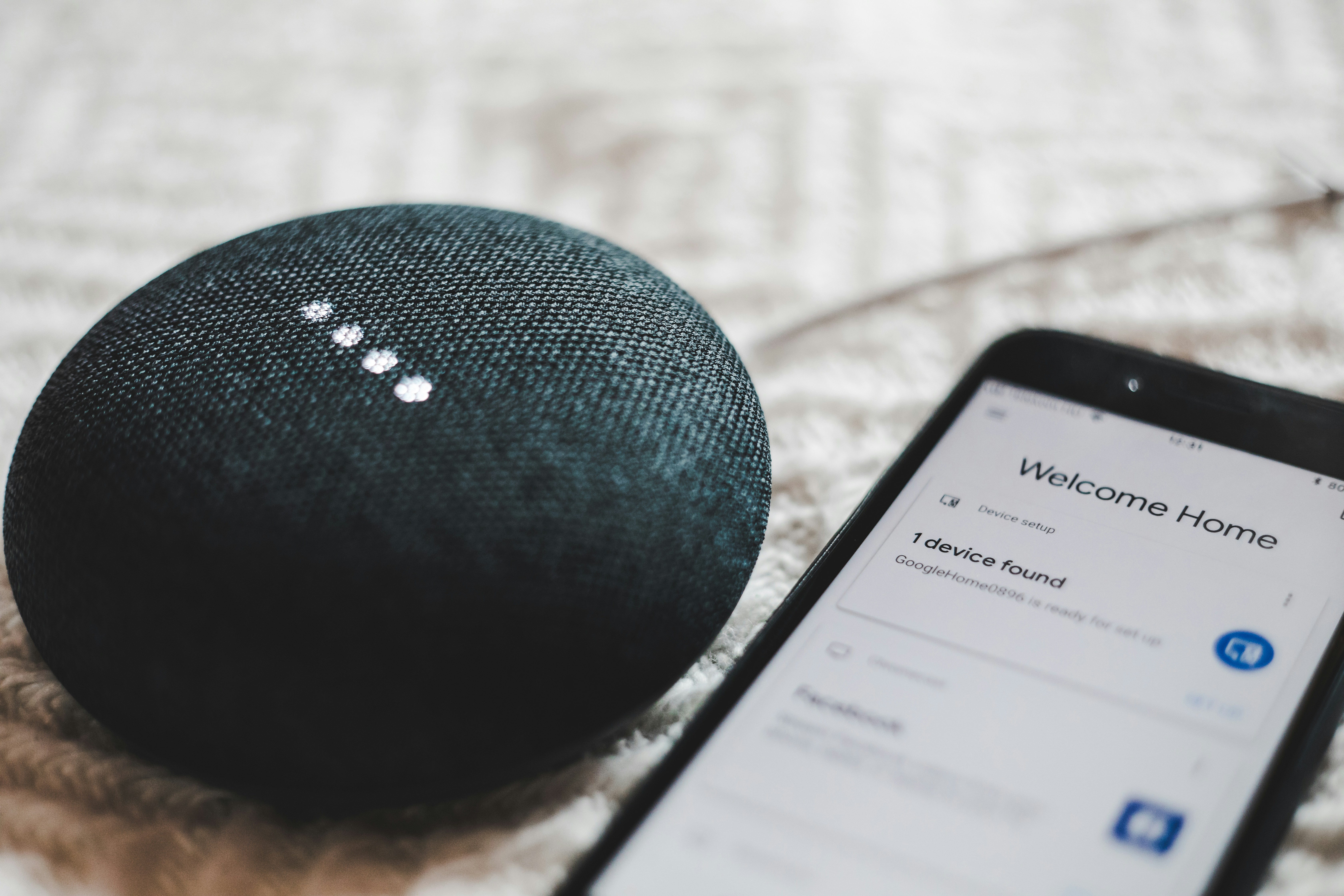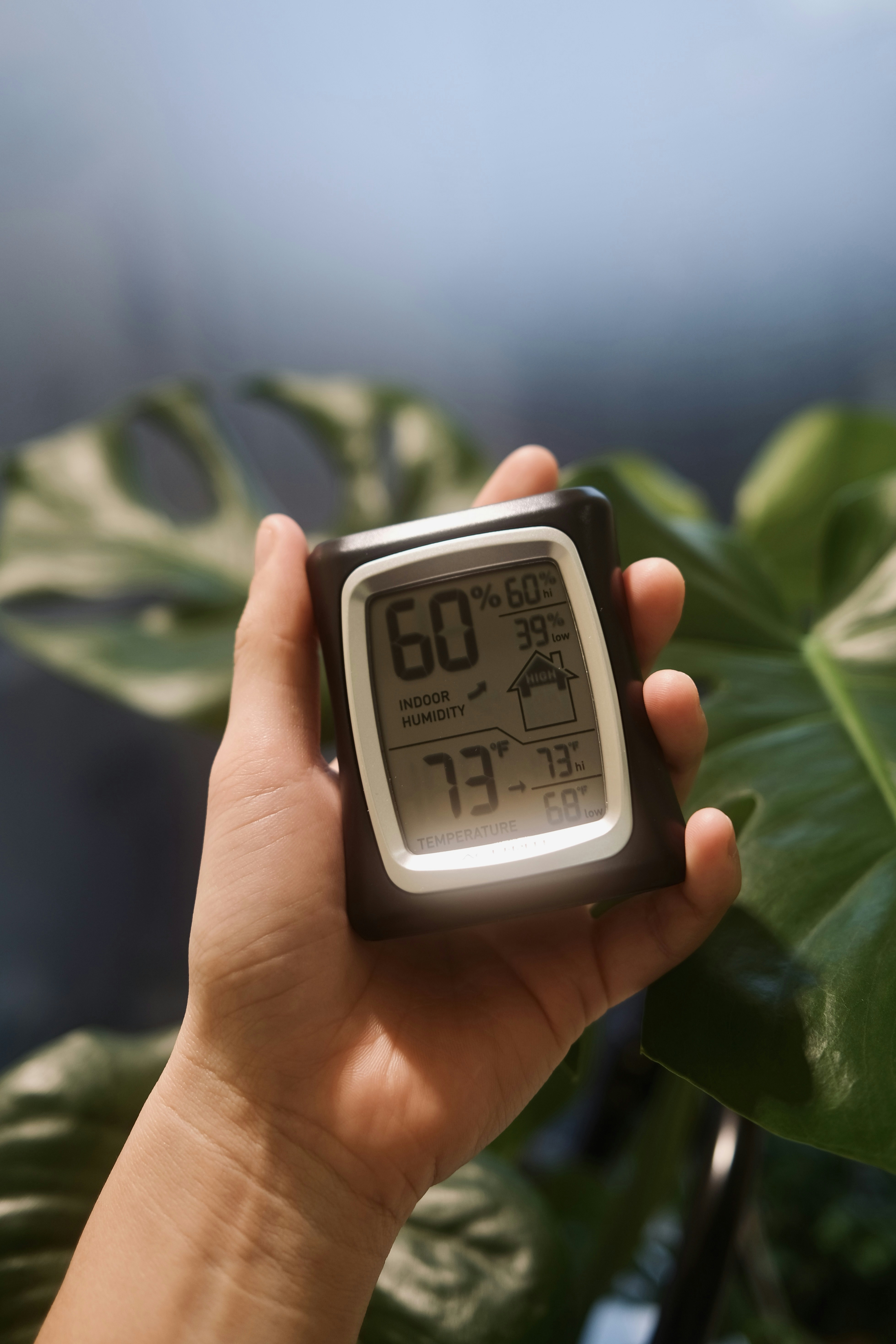Putting a magnifying glass to the merits of smart meters, this article, “Questioning the Intelligence: Are Smart Meters Actually Smart?” probes into the essence of these so-called intelligent devices. Tapping into the threads of your curiosity and thirst for knowledge, the discourse focuses on deconstructing the claimed attributes and features of smart meters, with a critical assessment of their efficiency, functionality, and overall value. Strip away the jargon and fancy tech lingo, let’s explore this ‘smart’ phenomenon, through a transparent and reader-friendly lens, in an engaging journey to decipher the true ‘intelligence’ of smart meters.
Understanding Smart Meters
Concept of Smart Meters
A smart meter is a type of energy meter with integrated digital technology that can record your consumption of gas and electricity with great accuracy. Unlike traditional meters that require manual reading, smart meters provide real-time or near real-time data about energy usage that can be viewed through an in-home display or a smartphone app.
How Do Smart Meters Function?
Smart meters measure your energy usage, similar to traditional meters. However, instead of you or a utility worker reading the meter and reporting back to the power company, the smart meter does this all by itself. It communicates directly with the utility company, typically over radio or cellular networks, sending data about your electricity or gas usage.
Technological Aspects of Smart Meters
Communication Technology in Smart Meters
The heart of a smart meter’s capability is its communication technology. It uses wireless, digital, two-way communication to send data about your energy usage back to your utility company. This technology allows the supplier to get accurate readings without having to send someone to physically check the meter.
Integration with Other Smart Appliances
One of the most exciting aspects of smart meters is their ability to integrate with other smart appliances. Imagine a refrigerator that knows when to operate at the most cost-effective times, or air conditioners that can adjust themselves based on the electricity usage data provided by the smart meter, optimizing your energy efficiency.
Perceived Benefits of Smart Meters
Enhanced Energy Management
A significant benefit of smart meters is their ability to provide real-time information about energy usage, which can help you better manage and understand your energy habits. With immediate feedback on your energy consumption, you can make informed decisions to reduce usage and cut down on costs.
Advanced Billing and Usage Monitoring
Smart meters eliminate the need for estimated bills. They provide accurate and timely usage data to the utility companies, which can simplify the billing process.
Criticisms and Controversies Surrounding Smart Meters
Privacy Concerns of Smart Meters
One significant criticism of smart meters is the privacy concerns they may present. By recording and transmitting detailed information about your energy usage, smart meters essentially create a footprint of your daily routine, which could potentially be used for nefarious purposes.
Potential Health Risks
There have been some concerns about the potential health risks associated with the wireless signals used by smart meters, although the World Health Organization and other authorities have stressed that the radiation from smart meters is well within safe levels.
Analysing the Intelligence of Smart Meters
Do Smart Meters Indeed Live Up To Their Name?
As for whether smart meters live up to their name, it depends on how you define ‘smart.’ If being smart means providing real-time, accurate data and improving efficiency, then yes, they do. However, if being smart entails understanding and adjusting to your individual habits and preferences, we still have a way to go.
The Intelligence Metric: Looking Beyond The Name
It’s essential to look beyond just the name when considering the ‘intelligence’ of smart meters. A truly ‘smart’ meter would be one that not only provides detailed usage information but also offers personalized, actionable insights to help you reduce energy waste and save on costs.
Smart Meters Versus Traditional Meters
Comparing Features and Capabilities
Compared to traditional meters, smart meters go above and beyond. Not only do they eliminate the need for manual readings, but they also provide useful data on energy consumption patterns, support time-of-use pricing, integrate with other smart appliances, and lay the groundwork for a more efficient energy grid.
Which Offers Better Utility to the User?
From a user perspective, smart meters offer significant advantages over traditional meters. They provide precise and timely information about energy consumption, allowing you to better manage your usage and save money.
Regulations and Guidelines Regarding Smart Meters
Insights on Government Guidelines
In the U.S., the deployment of smart meters is guided by regulations and standards set by governmental organizations like the Department of Energy and the Federal Energy Regulatory Commission. These guidelines aim to ensure that smart meter technology is safe, reliable, and beneficial to consumers.
Compliance Issues with Smart Meters
There have been concerns about compliance issues with smart meters, particularly around privacy and data security. Regulatory bodies are continually updating guidelines to address these issues and ensure that consumers’ rights are protected.
Case Studies on Smart Meter Implementation
Early Adopters of Smart Meters
The early adopters of smart meters, such as Sweden and Italy, provide valuable case studies. In these countries, smart meters have led to significantly improved efficiency and customer satisfaction levels, highlighting the potential benefits of widespread adoption.
Real Life Impact and Effectiveness
In real-world implementation, smart meters have demonstrated their effectiveness in managing energy usage and costs. Countless households have benefited from the personalized data provided by these devices, which has led to improved energy efficiency and cost-savings.
Future of Smart Meters
Emerging Trends in Smart Meter Technology
Looking forward, developments in AI and machine learning could make smart meters even ‘smarter.’ They could begin to predict your behavior and automatically adjust energy usage to maximize efficiency and minimize costs.
Potential for Growth and Expansion
With continuous advances in technology and positive support from governments, it’s likely that smart meters will become more widespread. As they become more integrated with other smart home devices, their benefits will only grow.
Conclusion: Assessing the ‘Smart’ in Smart Meters
Reflecting on the Necessity Component
Reflecting upon the necessity of smart meters, it’s clear that they offer compelling benefits in our journey towards more efficient and sustainable energy systems. With their efficiency and accuracy, they can help us better understand and adjust our energy habits.
End-User Empowerment and Final Words
In conclusion, smart meters empower you, the end-user, by providing detailed, real-time information about your energy usage. Though they aren’t without their criticisms, their potential for transforming our energy management is immense. With further developments in technology and thoughtful regulation, their intelligence and integration should only increase.



